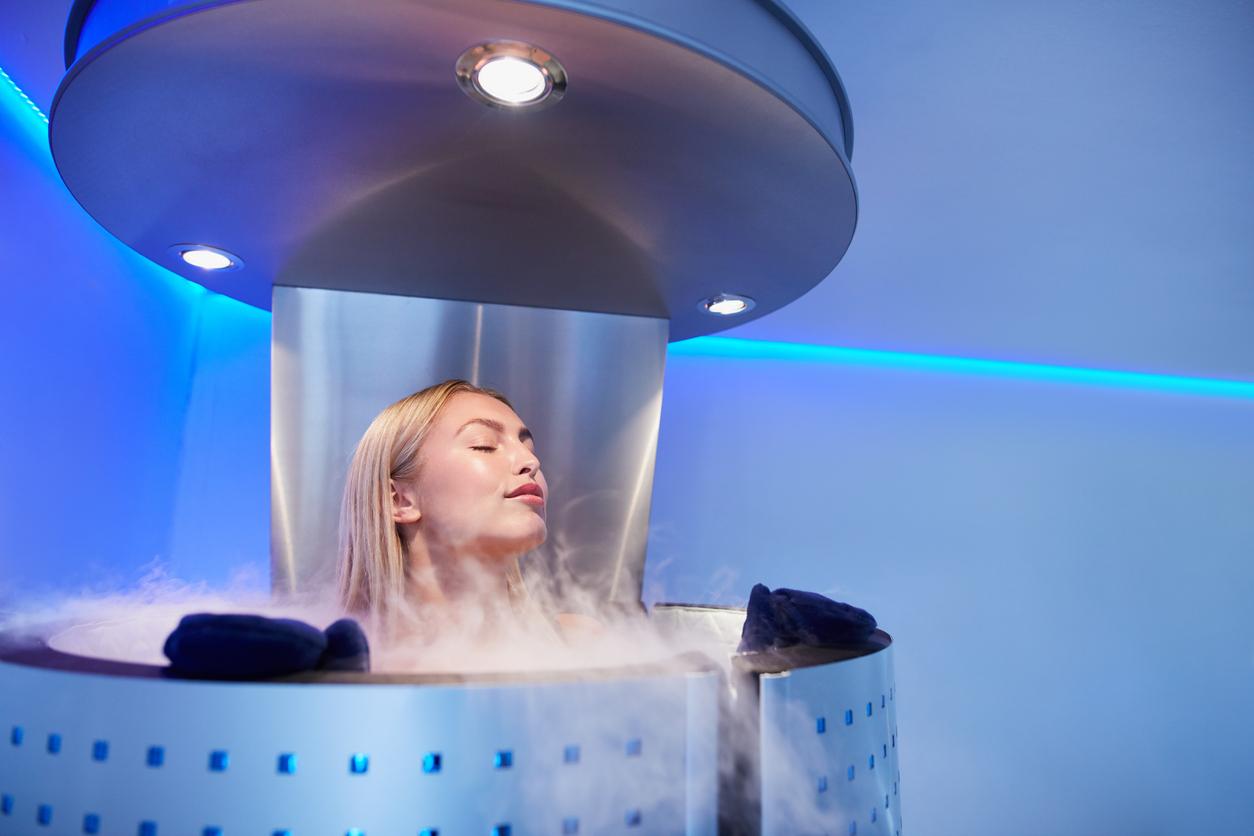
Reduced resistance due to air conditioning and fan
Where it is over thirty degrees outside, you can often cool down inside with an air conditioner, fan or in a building with climate control. Delicious, but after a while your throat hurts and you start to sniffle. PlusOnline investigated whether these large temperature differences are the reason you catch a cold in the summer.
Cold is a virus
In principle, the air conditioning or fan could not directly be the reason for your summer cold. The common cold is a virus, a highly contagious virus. People who are infected can easily transmit the cold to others by coughing, sneezing or even laughing. Small droplets are released into the air that can end up in the airways of others. The air conditioning, fan or climate control cannot simply transmit this virus.
What could be a possible cause of the summer cold is that the virus is already in the air due to a cold person in space. With a fan, this virus can be spread more quickly through the room.
Dust and pollen
Dust and pollen are also easily spread by the fan. If you’re allergic to either or both, it can cause itchy eyes and constant sneezing. Filters in the air conditioning can stop this.
A reduced resistance due to the air conditioning
It has not yet been proven that the temperature differences can cause a cold, but they can cause a stress response in the body. An air conditioning that is too cold can cause a lowered resistance, because your body has to work harder to stay warm. In addition, your nasal and pharynx blood flow is worse and the immune system therefore works less well. If the virus is in the air, there is a good chance that you will become infected. The ideal indoor temperature should be a maximum of 6 degrees lower than the outdoor temperature. The cold virus also multiplies more easily at lower temperatures. That is why the chance that you will catch a cold in winter is so high.
Irritation due to too dry air
Finally, the mucous membranes and eyes can become irritated by too dry air. In air conditioning systems, the humidity level can usually be regulated. The ideal humidity level is between 45 and 60 percent, but when it is lower, people suffer from irritated mucous membranes and dry eyes. Usually the complaints stop when you leave the room, but the resistance is already somewhat lowered.
Have you caught a cold? Read here ten tips that can quickly get rid of your cold.















